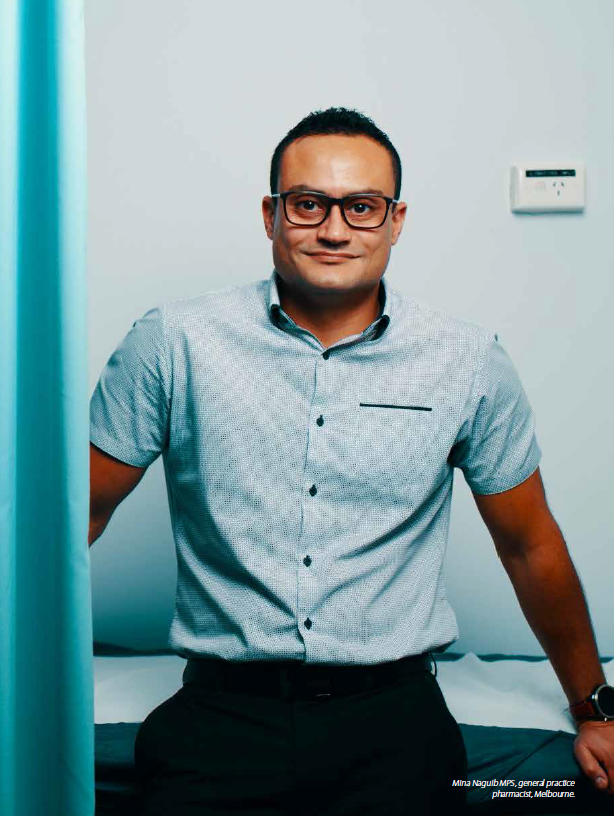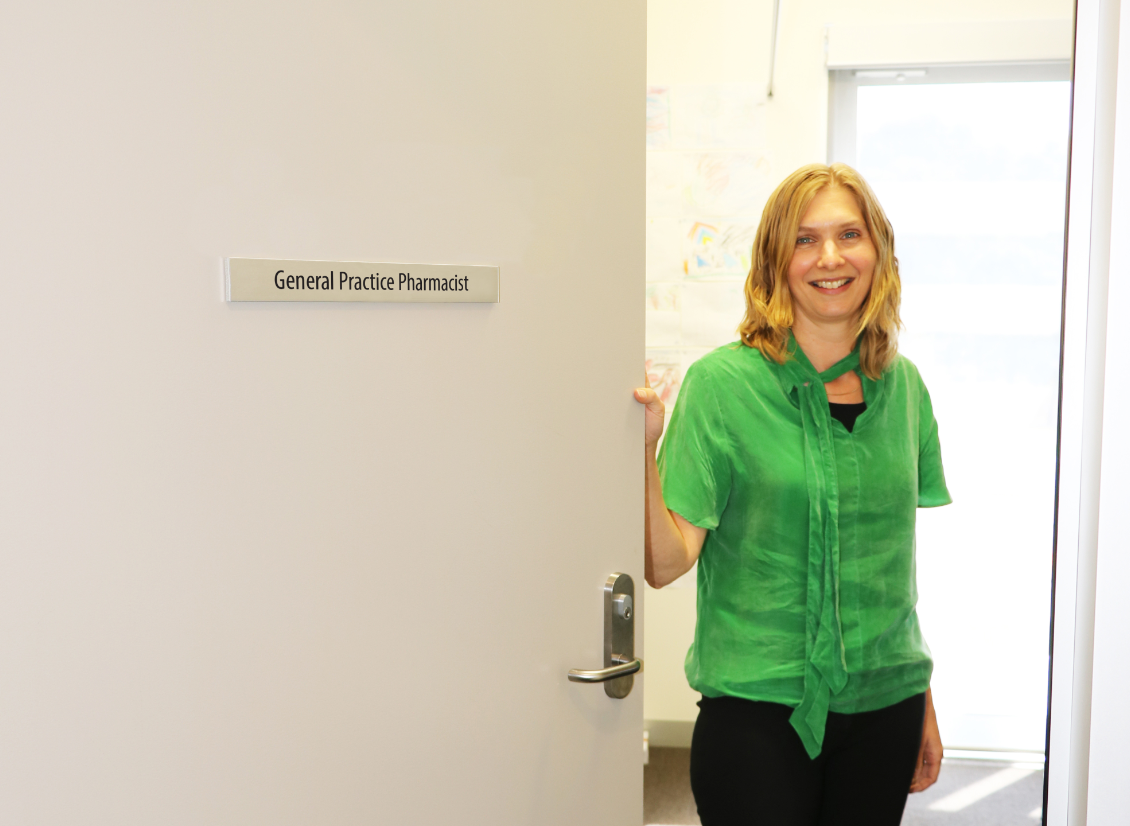Utilise pharmacist workforce to care for community
Measures proposed by the Pharmaceutical Society of Australia (PSA) in its pre-Budget Submission are aimed at protecting Western Australians from preventable diseases and reducing pressure on the state’s hospital system.
In its 2020-21 Pre-Budget Submission, PSA identified three priority areas of action which will positively impact on health care and outcomes.
“Contributing to the burden on our hospitals is the significant number of presentations by patients with less-serious ailments, such as minor pain management or cold and flu,” PSA WA President, Dr Fei Sim said.
Of Western Australia’s 954,981 emergency department presentations during 2018-19, 74,032 were considered non-urgent.
Seventy percent of non-urgent presentations to emergency departments occur between the hours of 9am and 7pm, during the typical business hours of a community pharmacy.
“Recent research shows pharmacists have the skills and expertise to support patients who would currently seek care from a hospital,” Dr Sim said. “Pharmacists can provide self-care advice or triage patients and refer them to the appropriate health service.”
“In addition to pharmacists having the ability to provide quality care, the accessibility of the state’s 660 community pharmacies is a key reason why West Australians will consider them a viable alternative to a hospital when they have a relatively minor ailment. Most suburbs and towns have a local pharmacy, even when other health care services may be scarce. Each day, 140,000 West Australians visit a community pharmacy.”
To increase vaccination rates in Western Australia, PSA is recommending expanding the range of vaccines trained pharmacists are able to administer.
“Pharmacists are already authorised to provide vaccinations, but there are some limiting restrictions, For example, pharmacists can only provide diphtheria, tetanus and pertussis vaccine to people over the age of 16. Supporting pharmacist immunisers gives our community more choice and access and therefore increases our herd immunity as more Western Australians are protected against infectious diseases.”
In addition, PSA’s Pre-Budget Submission asks the Government to allocate funding to upskill pharmacists in mental health first aid.
“Nearly half of all Australians will experience a mental health illness in their lifetime,” Dr Sim said. “Mental health challenges are even more common in rural and remote areas where pharmacists are often the most accessible healthcare professional.
“Pharmacists are well placed to support patients in the community and identify them early so they can be referred to appropriate mental health providers, including general practitioners.”
In Western Australia, there are 3,132 registered pharmacists working in community pharmacies, hospital, general practice, aged care, academia, research, government and within other private sector organisations.
Media contact: Christianne White, PSA Western Australia – 0415 213 661


 The Pharmaceutical Society of Australia (PSA) congratulates Melinda James of Queensland University of Technology (Queensland) for securing the Pharmacy Student of the Year (PSOTY) Wildcard title at NAPSA Congress in Newcastle.
The Pharmaceutical Society of Australia (PSA) congratulates Melinda James of Queensland University of Technology (Queensland) for securing the Pharmacy Student of the Year (PSOTY) Wildcard title at NAPSA Congress in Newcastle.